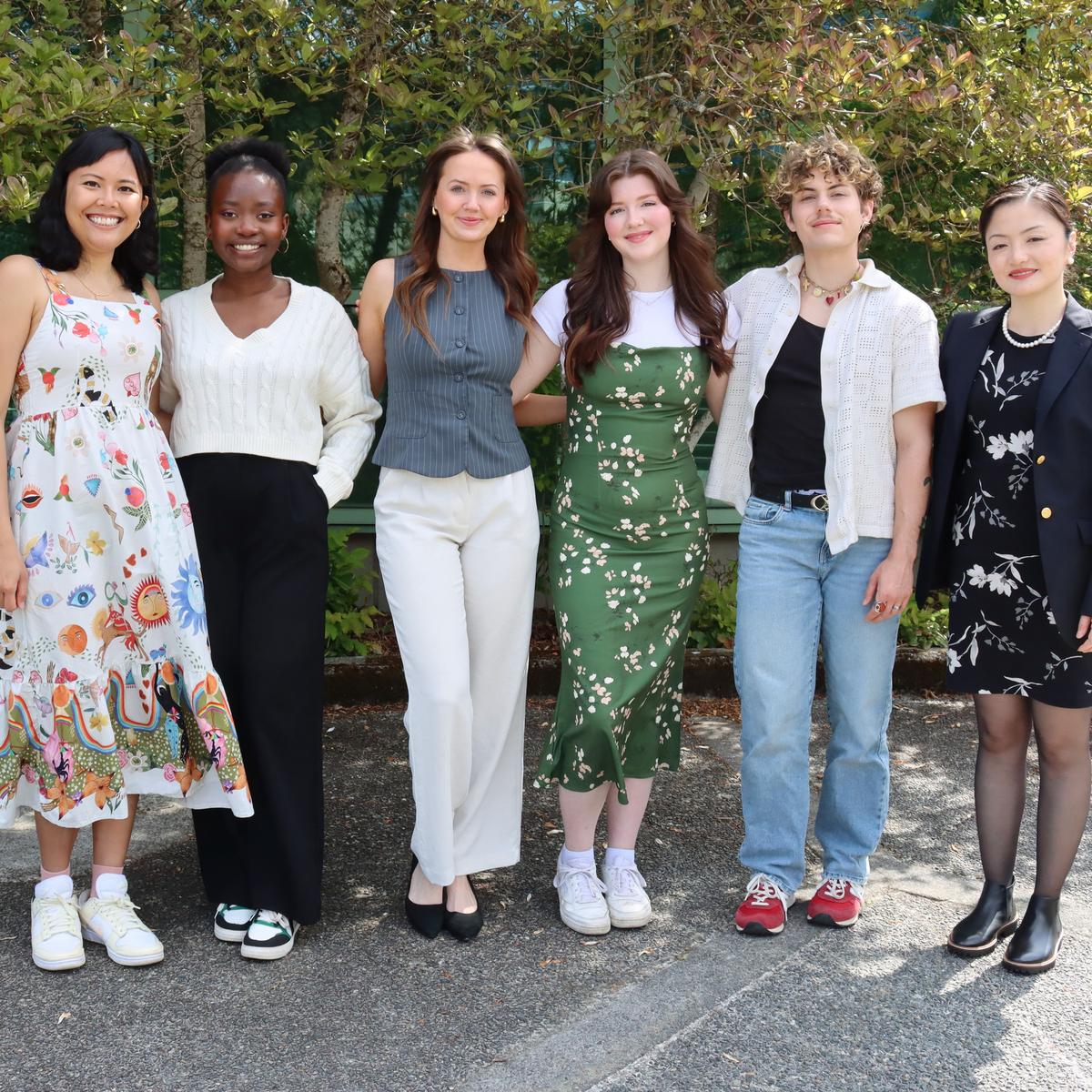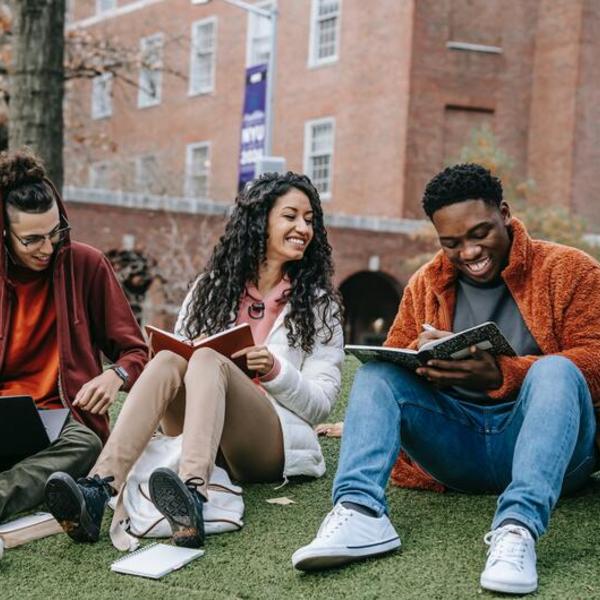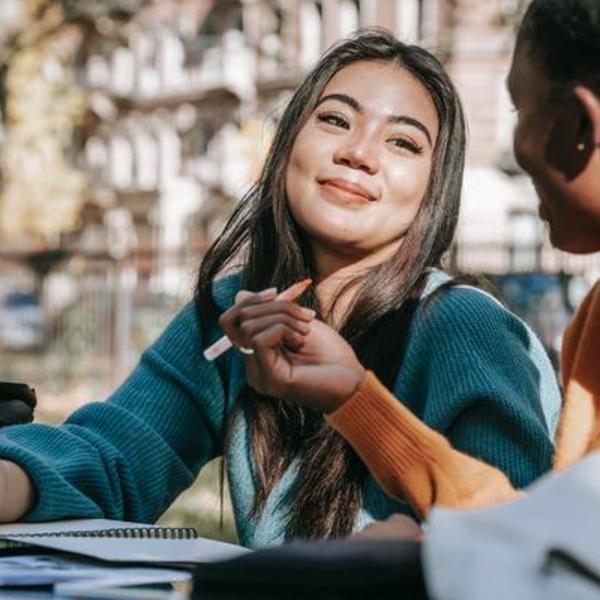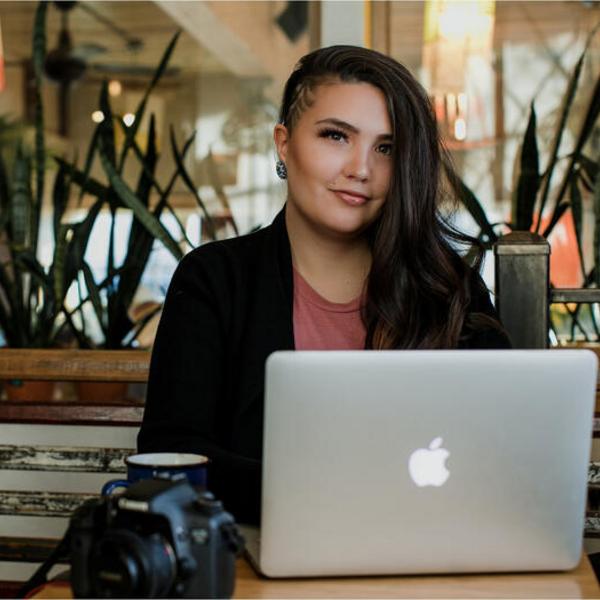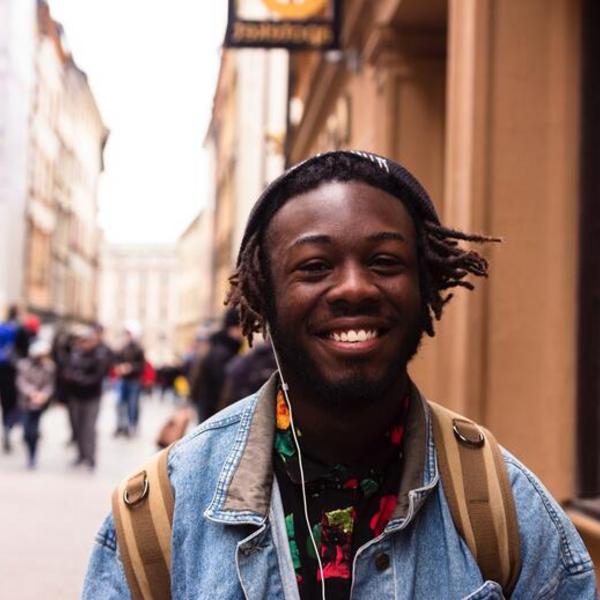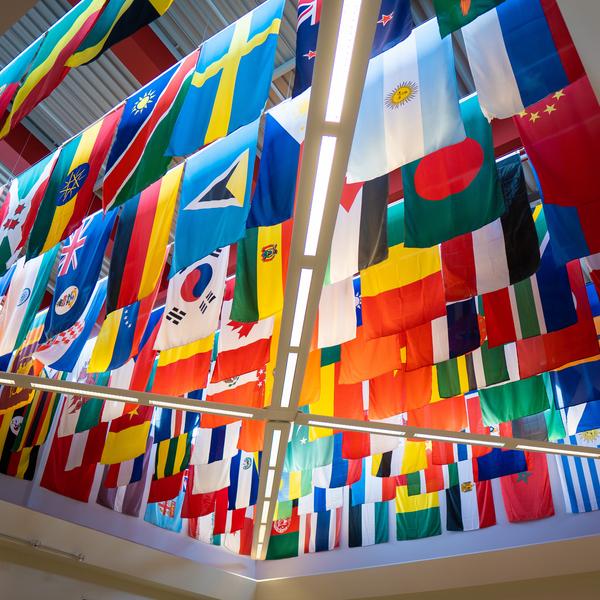Student travel opportunities
Earn credit towards your degree. Improve your interpersonal and intercultural skills. Foster a sense of global citizenship; Increase your motivation for learning. And boost your confidence in pursuing a career in a competitive global economy.
Please note, Vancouver Island University's outbound exchange program is paused effective January 1, 2026 and international field schools are paused effective December 11, 2024 pending program reviews.
Our programs
Field Schools (paused)
Field Schools are designed by VIU faculty in collaboration with VIU International Mobility. They vary in length from 8 days to 6 weeks.
Exchange (paused)
Study in English at one of our partner universities around the world for 1 or 2 semesters and earn valuable transfer credit towards your degree.
Internships and practica
Pursue experiential learning opportunities through international internships and practicum placements and gain valuable hands-on experience in your field.
Partner programs (paused)
Condensed and immersive, our partners' offer programs in language and culture, business and more in two to six weeks.
Connect with International Mobility
1-on-1 appointments
Connect with International Mobility Advisor in-person in Building 255, over the phone or virtually.
Student exchange support drop-in session
Paused pending exchange program review.
Events
Study abroad stories

My semester abroad in Barbados
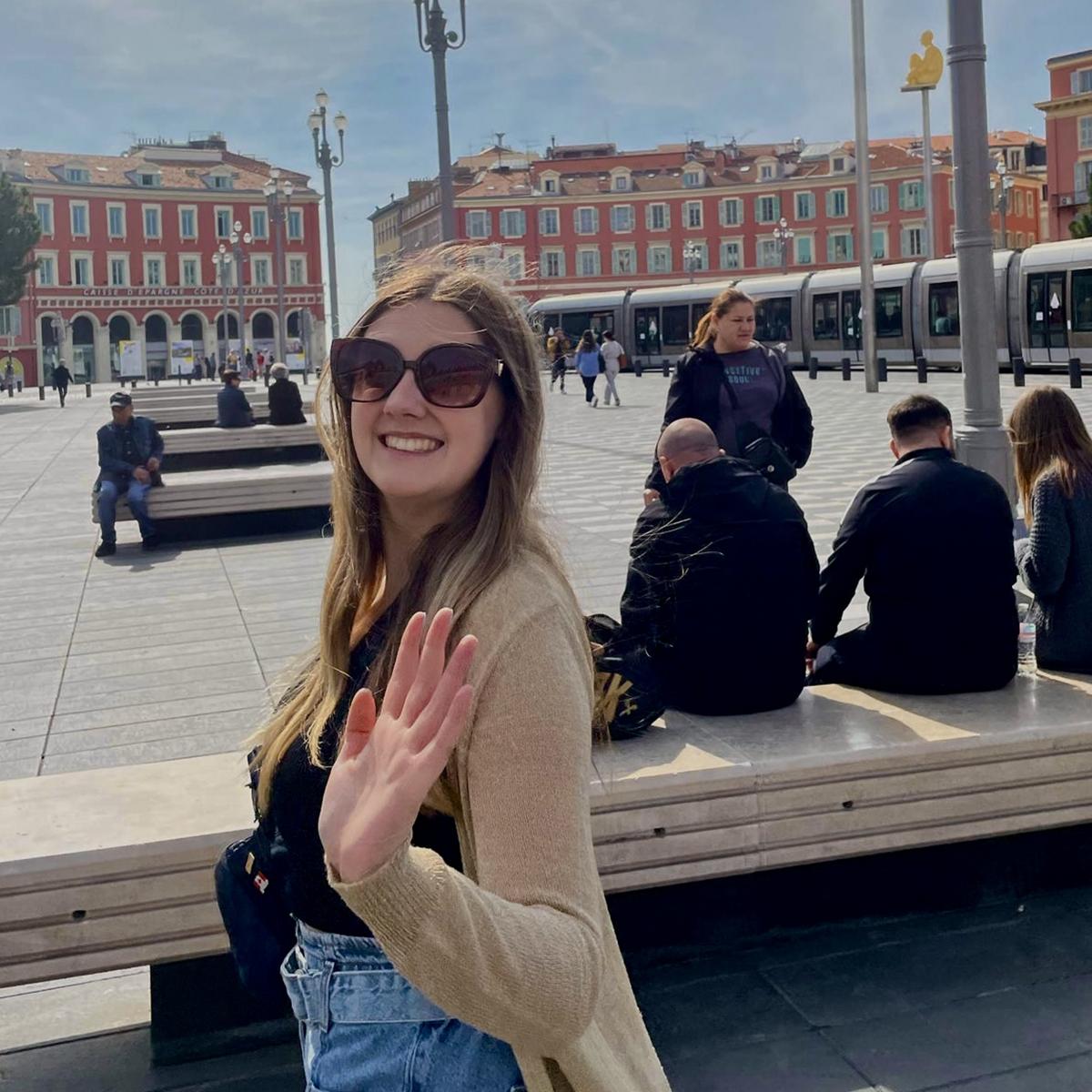
Why you should say YES to studying abroad
